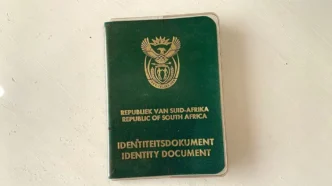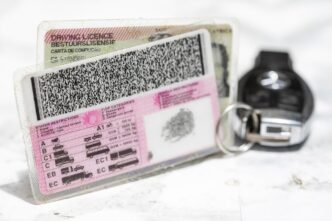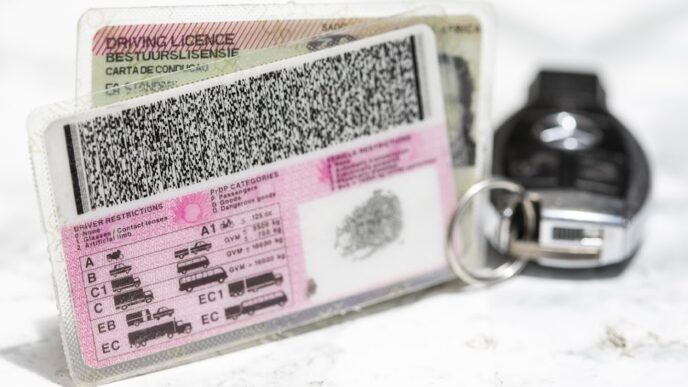South Africa’s Department of Home Affairs has issued a renewed warning to citizens still using green ID books, emphasizing their vulnerability to fraud and identity theft as the government accelerates plans to phase out the outdated documents . The green ID books, first introduced in 1986, lack modern security features and are increasingly exploited by criminals, prompting authorities to push for a full transition to Smart ID cards , which incorporate biometric data and advanced anti-counterfeit measures.
Home Affairs Minister Leon Schreiber reiterated the urgency, stating the government aims to eliminate green ID books entirely and simplify the switch to Smart IDs to curb identity-related crimes. This follows a 2024 announcement that the department would cease issuing green books by June 2025 , with existing holders warned that the documents will soon be declared invalid. “These old IDs are a liability—criminals can forge them with alarming ease,” said a Pretoria-based security analyst.
The shift comes amid rising identity fraud cases, particularly in Gauteng and KwaZulu-Natal, where stolen IDs are frequently used for financial scams, illegal transactions, and synthetic identity theft. Authorities have linked the green ID books’ lack of encryption and holographic verification to a surge in such crimes, with reports of counterfeit documents circulating on the dark web. A Johannesburg fraud investigator noted, “We’re seeing entire ID books replicated in hours—this isn’t just theft; it’s industrial-scale forgery”.
Public reaction remains mixed. While many citizens acknowledge the need for modernization, others cite logistical barriers, including long queues at Home Affairs offices and limited access in rural areas. A Cape Town resident wrote on social media, “I know the Smart ID is safer, but getting one feels like a part-time job”. Critics also warn that low-income communities, who rely on the free replacement policy for green books, may struggle with the transition.
The government has pledged to streamline the process, expanding mobile registration units and extending office hours to accommodate demand
. However, delays in finalizing the invalidation date have left some citizens uncertain. “We need clarity—people are stuck between warnings and deadlines,” said a Durban-based legal aid worker.
As South Africa navigates this transition, the phase-out of green ID books underscores a broader battle against systemic fraud, balancing security imperatives with accessibility concerns in a nation where identity theft remains a critical threat.













